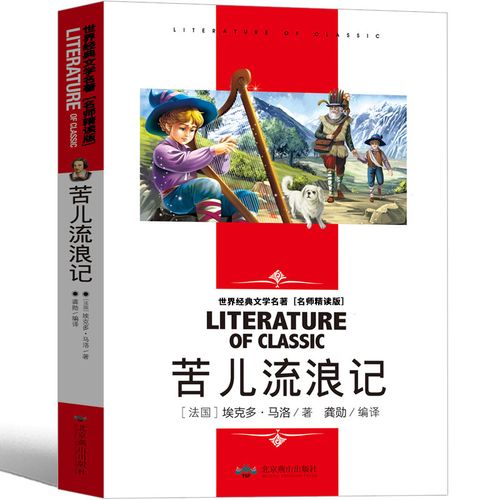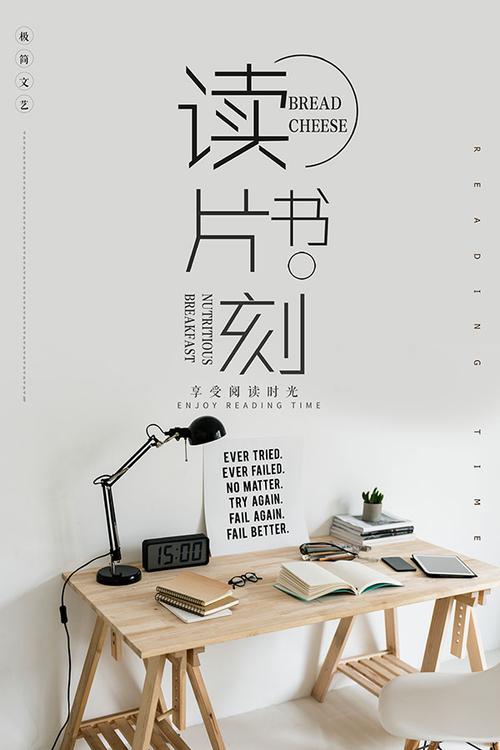中华人民共和国的英文翻译民共和国英语怎么说-研究生考试成绩查询时间
2023年4月4日发(作者:时尚化妆培训)
你是否觉得劳⽣草草,⾝⼼两乏?我劝你⼯余之暇,常到⼩巷⾥⾛⾛,那是最的将息,会使关于中秋的诗 你消除疲劳,紧张的⼼弦得到调
整。你如果有时情绪烦躁,⼼境悒郁,我劝你到⼩巷⾥负⼿⾏吟⼀阵,你⼀定会豁然开朗,怡然⾃得,物我两忘。你有爱⼈
吗?我建议不要带她去什么名园胜境,还是利⽤晨昏时节,到深巷中散散步。在那⾥,你们俩可以随意谈天,⼼贴得更,在
街上那种贪婪的睨视,恶意的斜觑,巷⾥是没有的;偶然呀的⼀声,墙门⼝显现出⼀个⼈影,⼜往往是深居简出的姑娘,看
见你们,会娇羞地返⾝回避了。巷,是⼈海汹汹中的⼀道避风塘,给⼈带来安全感;是城市喧嚣扰攘中的⼀带洞天幽境,
胜似皇家的阁道,便于平常百姓徘徊徜徉。
爱逐臭争利,锱铢必较的,请到长街闹市去;爱轻嘴薄⾆,争是论⾮的,请到茶馆酒楼去;爱锣⿎钲镗,管弦嗷嘈的,请到
歌台剧院去;爱宁静淡泊,沉思默想的,深深的⼩巷在欢迎你!
背景介绍
《巷》是柯灵(1909~2000)写于1930年秋的⼀篇⼩品散⽂。作者以沉挚细腻的笔调描述了江南⼩城市中的⼩巷,向往那
⾥悠闲宁静的情调,流露出对⼤都市喧闹纷争⽣活的厌恶。本⽂语⾔流畅,玲珑剔透,⼀⽓呵成,翻译时,应尽量再现原⽂的
韵味。
难点解析
1.你是否觉得劳⽣草草:“劳⽣”作“⾟劳的⽣活”解;“草草”作“忧虑”解。全句可译为“Aren’tyouweigheddownwithcaresin
如,weigheddownwithsorrow/anxieties(因忧伤/焦虑⽽闷闷不乐)。
2.⾝⼼两乏:意为“⾝体上和⼼理上都感到困乏”。故可译为“exhaustedphysicallyandmentally”或“exhaustedbothinbody
andmind”。
3.⼯余之暇:意为“不上班的休息时间”,故译为“inyouroff-dutyhours”。
4.会使你消除疲劳,紧张的⼼弦得到调整:后半句作“放松紧张的⼼弦”解。译为“Itwilldissipateyourfatigueandrelieveyour
nervoustension”。
5.负⼿⾏吟⼀清平调李白其一 阵:意为“将⼿放在背后,或吟诗,或作诗”。可译为“recitingorcomposingpoemswithyourhandscrossed
behindyourback”。
6.豁然开朗,怡然⾃得,物我两忘:英⽂习惯⽤doing的形式,表⽰伴随状态,“物我两忘”可以这样处理。另外,“物我两
忘”指“忘记⾃⼰和外⾯的世界”。故译为“suddenlyfallintoabrightmoodandenjoyinnerpeace,forgettingbothyourselfand
theexternalworld”。
7.⼼贴得更近:译为“withevendeeperaffection”,介词短语修饰chat,作状语。
8.在街上那种贪婪的睨视,恶意的斜觑,巷⾥是没有的:可以归化为英语句型来表达“巷⾥是没有的”,即“巷是远离……的”
,译为“”。整句话可《增广贤文》全篇 译成“freefromgreedysidelongglancesormalicioussquintssuchasyouoftenmeetwithin
busystreets”。
9.呀的⼀声:指“门吱呀⼀声开了”,故译为“atacreakingsound”。
10.深居简出:可译为“secluded”,现译为“unsophisticated”,是按“不懂世故”之意作灵活处理。
11.会娇羞地返⾝回避了:“返⾝回避”作“退回屋⾥”解,故译为“withdrawcoylyintothehouse”。
12.⼈海汹汹:译为“theturbulentseaofhumans”。
13.避风塘:指“避风的港湾”,故译为“asafehaven”。
14.给⼈带来安全感:⽤todo不定式来翻译,故译为“toenjoyasenseofsecurity”。
15.洞天幽境:“洞天”本指“上天群仙居住之处”,现按“超凡的住所”译为“heavenlyabode”。
16.阁道:指古代皇家楼阁之间以⽊架空的通道,现以释义法把它译为“theerstwhileplank-pavedpathusedexclusivelyby
theimperialfamilyfortheirvehiclestomovesmoothly”。
17.爱逐臭争利,锱铢必较的:中⽂的排⽐修辞法可以在英⽂中再现,这⾥可以使⽤“”的句型。“爱逐臭争利,
锱铢必较的”可译为“Thosewhostriveforfameandgain,andhaggleovereverypenny”。Haggleover:argue,dispute,esp.
ermsofthebargain(争论;讨价还价)。
18.爱轻嘴薄⾆,争是论⾮的:译为“Thosewhoaresharp-tongu邀组词 edandquarrelsome”。
19.爱锣⿎钲镗,管弦嗷嘈的:“钲”指古代⾏军时⽤的打击乐器,有柄,形状像钟,但⽐钟狭⽽长,⽤铜制成。“镗”象声词,
形容打钟、敲锣、放枪⼀类的声⾳。“嗷嘈”指声⾳吵闹。只要译⽂可以体现⼀番热闹的场景即可,故译为“Thosewholove
deafeninggongsanddrumsaswellasnoisywindandstringinstruments”。
20.爱宁静淡泊,沉思默想的:译为“Thosewhoaregiventoprofoundmeditationandaquietlifewithoutworldlydesires”。be
givento表⽰“习惯于;沉溺于”。
参考译⽂
Aren’tyouweigheddownwithcaresinthislifeofhardtoilandexhaustedphysicallyandmentally?Iwouldliketoadviseyou
oftentotakeawalkinthelaneinyouroff-dutyhours.
uarefidgetyor岛的组词
depressed,gotothelaneandwandera
willthensuddenlyfallintoabrightmoodandenjoyinnerpeace,’tyou
haveasweetheart?Letmesuggestthat,insteadofaccompanyingheronavisittoafamousparkorscenicspot,youtakeher
ere,youtwocanchatfreelyandwithevendeeperaffection,freefrom
greedysidelly,atacreakingsound,
theremayappearafigurebyadoor—l,atthesightofyou,withdrawcoylyinto
thehouse.
Thelaneisasafehavenforeavenly
theerstwhileplank-pavedpathusedexclusivelybytheimperialfamilyfortheir
vehiclestomoveonsmoothly,thelaneisaplaceforthecommonpeopletoroamaboutleisurely.
Thosewhostriveafterfameandgain,andhaggleovereverypenny,pleasegotothedowntownarea!Thosewhoaresharp-
tonguedandquarrelsome,pleasegototheteahouseorrestaurant!Thosewholovedeafeninggongsanddrumsaswellas
noisywindandstringinstruments,pleasegototheoperahouseortheatre!Thosewhoaregiventoprofoundmeditationand
aquietlifewithoutworldlydesires,welcom伯牙钟子期的故事 etothelane!
更多推荐
喧闹的英文译语怎么说








发布评论